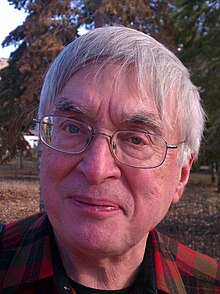
Edward Witten is an American mathematical and theoretical physicist. He is a professor emeritus in the school of natural sciences at the Institute for Advanced Study in Princeton. Witten is a researcher in string theory, quantum gravity, supersymmetric quantum field theories, and other areas of mathematical physics. Witten's work has also significantly impacted pure mathematics. In 1990, he became the first physicist to be awarded a Fields Medal by the International Mathematical Union, for his mathematical insights in physics, such as his 1981 proof of the positive energy theorem in general relativity, and his interpretation of the Jones invariants of knots as Feynman integrals. He is considered the practical founder of M-theory.

Yang Chen-Ning or Chen-Ning Yang, also known as C. N. Yang or by the English name Frank Yang, is a Chinese theoretical physicist who made significant contributions to statistical mechanics, integrable systems, gauge theory, and both particle physics and condensed matter physics. He and Tsung-Dao Lee received the 1957 Nobel Prize in Physics for their work on parity non-conservation of weak interaction. The two proposed that one of the basic quantum-mechanics laws, the conservation of parity, is violated in the so-called weak nuclear reactions, those nuclear processes that result in the emission of beta or alpha particles. Yang is also well known for his collaboration with Robert Mills in developing non-abelian gauge theory, widely known as the Yang–Mills theory.

Burton Richter was an American physicist. He led the Stanford Linear Accelerator Center (SLAC) team which co-discovered the J/ψ meson in 1974, alongside the Brookhaven National Laboratory (BNL) team led by Samuel Ting for which they won Nobel Prize for Physics in 1976. This discovery was part of the November Revolution of particle physics. He was the SLAC director from 1984 to 1999.

Val Logsdon Fitch was an American nuclear physicist who, with co-researcher James Cronin, was awarded the 1980 Nobel Prize in Physics for a 1964 experiment using the Alternating Gradient Synchrotron at Brookhaven National Laboratory that proved that certain subatomic reactions do not adhere to fundamental symmetry principles. Specifically, they proved, by examining the decay of K-mesons, that a reaction run in reverse does not retrace the path of the original reaction, which showed that the reactions of subatomic particles are not indifferent to time. Thus the phenomenon of CP violation was discovered. This demolished the faith that physicists had that natural laws were governed by symmetry.

David Jonathan Gross is an American theoretical physicist and string theorist. Along with Frank Wilczek and David Politzer, he was awarded the 2004 Nobel Prize in Physics for their discovery of asymptotic freedom. Gross is the Chancellor's Chair Professor of Theoretical Physics at the Kavli Institute for Theoretical Physics (KITP) of the University of California, Santa Barbara (UCSB), and was formerly the KITP director and holder of their Frederick W. Gluck Chair in Theoretical Physics. He is also a faculty member in the UCSB Physics Department and is affiliated with the Institute for Quantum Studies at Chapman University in California. He is a foreign member of the Chinese Academy of Sciences.
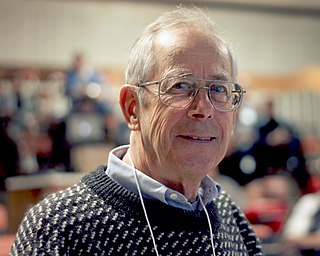
Phillip James Edwin Peebles is a Canadian-American astrophysicist, astronomer, and theoretical cosmologist who is currently the Albert Einstein Professor in Science, emeritus, at Princeton University. He is widely regarded as one of the world's leading theoretical cosmologists in the period since 1970, with major theoretical contributions to primordial nucleosynthesis, dark matter, the cosmic microwave background, and structure formation.

Daniel Chee Tsui is a Chinese-born American physicist. He is currently serving as the Professor of Electrical Engineering, emeritus, at Princeton University. Tsui's areas of research include electrical properties of thin films and microstructures of semiconductors and solid-state physics.

Armand Paul Alivisatos is an American chemist and academic administrator who has served as the 14th president of the University of Chicago since September 2021. He is a pioneer in nanomaterials development and an authority on the fabrication of nanocrystals and their use in biomedical and renewable energy applications. He was ranked fifth among the world's top 100 chemists for the period 2000–2010 in the list released by Thomson Reuters.

Martin Andrew Green is an Australian engineer and professor at the University of New South Wales who works on solar energy. He was awarded the 2021 Japan Prize for his achievements in the "Development of High-Efficiency Silicon Photovoltaic Devices". He is editor-in-chief of the academic journal Progress in Photovoltaics.

Steven Chu is an American physicist and former government official. He is a Nobel laureate and was the 12th U.S. secretary of energy. He is currently the William R. Kenan Jr. Professor of Physics and Professor of Molecular and Cellular Physiology at Stanford University. He is known for his research at the University of California, Berkeley, and his research at Bell Laboratories and Stanford University regarding the cooling and trapping of atoms with laser light, for which he shared the 1997 Nobel Prize in Physics with Claude Cohen-Tannoudji and William Daniel Phillips.
The Sloan Research Fellowships are awarded annually by the Alfred P. Sloan Foundation since 1955 to "provide support and recognition to early-career scientists and scholars". This program is one of the oldest of its kind in the United States.
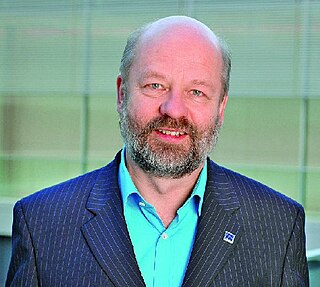
Hans-Josef Fell was a member of the German Parliamentary Group Alliance 90/ the Greens from 1998 to 2013. He served as spokesman on energy for the Alliance 90/The Greens parliamentary group, a member of the Environmental Protection Committee, substitute member of the Committee on Economics and Technology and substitute member of the Defence Committee. Together with Hermann Scheer, he authored the 2000 draft of the Renewable Energy Sources Act, establishing the foundation for the technology developments in photovoltaic, biogas, wind power and geothermal energy in Germany. Fell is founder and president of the Energy Watch Group and an internationally renowned energy and climate change advisor, author and speaker.

Frances Hamilton Arnold is an American chemical engineer and Nobel Laureate. She is the Linus Pauling Professor of Chemical Engineering, Bioengineering and Biochemistry at the California Institute of Technology (Caltech). In 2018, she was awarded the Nobel Prize in Chemistry for pioneering the use of directed evolution to engineer enzymes.
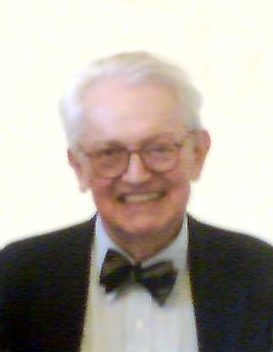
Charles Pence Slichter was an American physicist, best known for his work on nuclear magnetic resonance and superconductivity.

Emily A. Carter is the Gerhard R. Andlinger Professor in Energy and the Environment and a professor of Mechanical and Aerospace Engineering (MAE), the Andlinger Center for Energy and the Environment (ACEE), and Applied and Computational Mathematics at Princeton University. She is also a member of the executive management team at the Princeton Plasma Physics Laboratory (PPPL), serving as Senior Strategic Advisor and Associate Laboratory Director for Applied Materials and Sustainability Sciences.
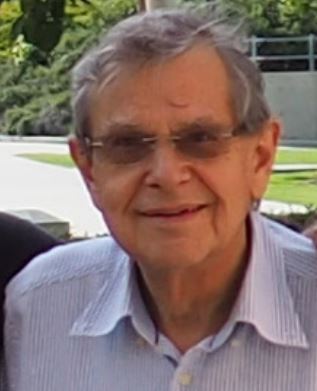
Forman Arthur Williams is an American academic in the field of combustion and aerospace engineering who is Emeritus Professor of Mechanical and Aerospace Engineering at the University of California San Diego.
John D. Lindl is an American physicist who specializes in inertial confinement fusion (ICF). He is currently the chief scientist of the National Ignition Facility at the Lawrence Livermore National Laboratory.
Chung King Law is a Chinese-born American scientist and a Robert H. Goddard professor at Princeton University. He is a specialist in the combustion science.
